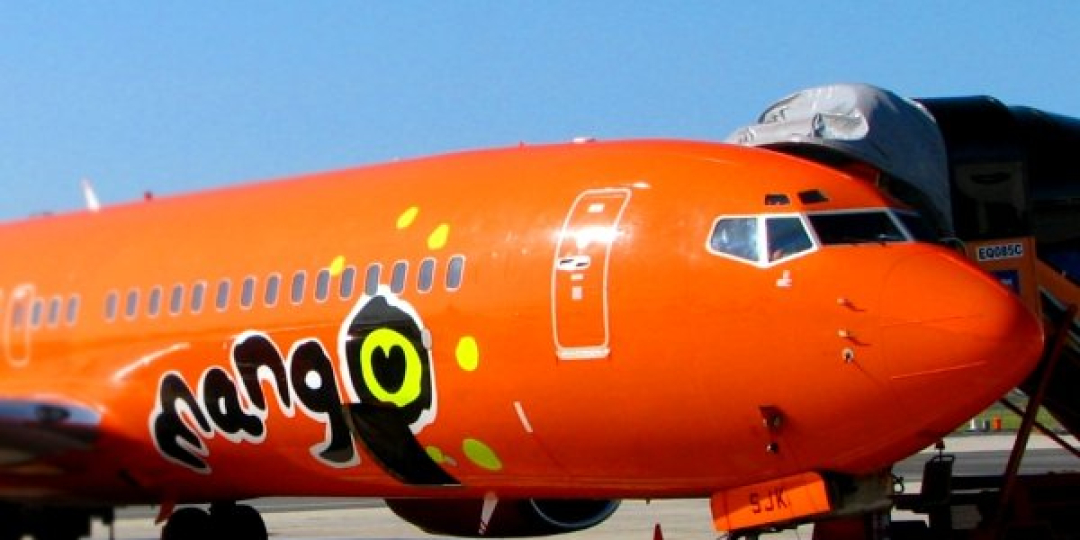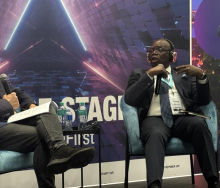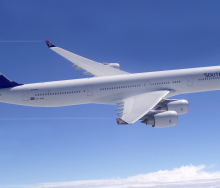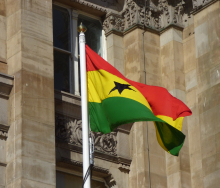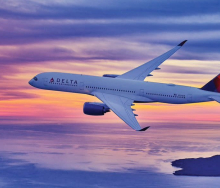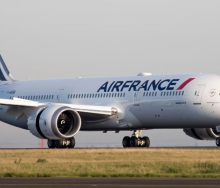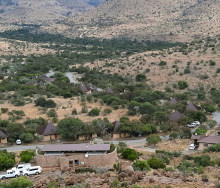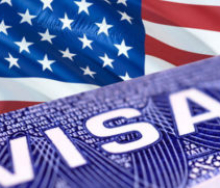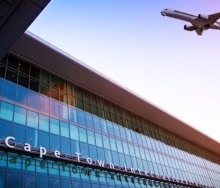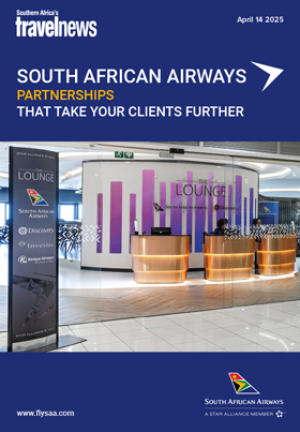The South Gauteng High Court has granted Mango its application to be placed under voluntary business rescue, and dismissed the urgent court application filed by Numsa, the Mango Pilots Association (MPA) and the South African Cabin Crew Association (SACCA) to place the airline under (forced) business rescue. But the unions intend to appeal.
The application by Numsa, MPA and SACCA requested the unions’ choice of business rescue practitioner, Ralph Lutchman, to be appointed.
“We are disappointed with the ruling,” said Numsa, SACCA and MPA in a joint statement. “Given the disastrous business rescue process which took place at SAA, we hoped that this time, things would be different. This is why we wanted the court to ensure that business rescue was done quickly, efficiently, and as it is envisioned in the Companies Act. We want to ensure a genuine turnaround strategy which is not based on retrenchments but on making the business viable in the long term. We also want to prevent another wasteful rescue process where consultants earned in excess of R200m, while workers were denied their salaries and starved for many months. We intend to appeal this judgment,” said the unions.
Why the delay?
Reports by various press indicate that it has taken an inordinately long time to place the distressed airline in business rescue. Mango’s board initially resolved to move into business rescue in April but failed to file an application for the process until July 28. This caused the CIPC to reject Mango’s business rescue filing due to the delay.
At the time, the unions’ legal counsel, Advocate Michael Hellens SC, told media: “The CIPC was indubitably correct to reject Mango’s notice. By failing to file for business rescue within five days of Mango’s board taking a resolution, it essentially had no force or effect.”
The unions are troubled by the events around Mango’s decision. “We are concerned about the possibility that a dangerous legal precedent in the Companies Act has been set, potentially exposing it to widespread abuse in the future. Companies will, theoretically, be able to pass a business rescue resolution but never file it. As was the case with the Mango board, who sat on the resolution for three and a half months. They can then effectively use it at a later date as a ‘get out of jail free card’, should a liquidation application be brought against the company,” said a statement.
In the interim, following the Mango resolution in April, creditors moved against the airline. Lessor Aergen filed an application to have the airline liquidated and the unions filed a contrary urgent application to place Mango in business rescue. This meant that the process had to be delayed in order to hear the various positions of the parties. The announcement late last week that Aergen had decided to withdraw its application “in order to consider its position” had also helped to move the process along.
Winding-down of Mango?
Despite having lost their application, the unions have said they are proud they have succeeded in propelling Mango into business rescue, ensuring the continuity of the airline and saving jobs along the value chain. “We firmly believe that had it not been for our consistent pressure and actions, the DPE would have permitted Mango’s collapse,” they alleged in a statement.
The unions also quoted a letter dated April 30 where the SAA board’s interim chairperson had allegedly stated that the DPE favoured the winding-down of Mango.
“It has become abundantly clear in the evidence supplied by Mango management in their affidavit to the court, that the DPE’s intention was to shut down the airline. Based on their actions we can presume that the SAA board and the DPE have decided that Mango must die, so that LIFT, its competitor, can dominate as a low-cost carrier. Global Airways is a partner of the Takatso consortium, which is due to take over at SAA. Global Airways owns Lift. Workers and their families are being sacrificed to satisfy the greed of the consortium and guarantee their profits. We have to ask ourselves, what is the DPE’s mandate if it can choose to empower private capital at the expense of our very own state-owned entity?” alleged Numsa general secretary, Irvin Jim, in a statement.
Alleged conflict of interest
Numsa, MPA and SACCA have also put forward a statement alleging that Thomas Kgokolo, the SAA interim ceo is still a non-executive director of Air Traffic Navigation Services (ATNS) and serves as a member of the Audit and Risk Committee at ATNS and the Financial Intelligence Centre and, because ATNS has grounded Mango for non-payment, he has a conflict of interest. At time of publication Travel News confirmed that Thomas Kgokolo’s LinkedIn profile still lists him as a current non-executive director of ATNS.
